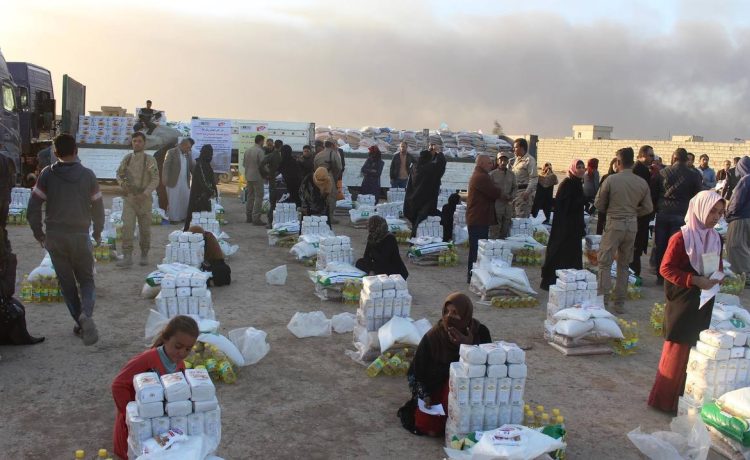The conditions of displacement, the lack of basic services, and the loss of members of the displaced families in each of Hawija, Daquq, Al-Zab, and other villages and regions of the Kirkuk governorate, led to the suffering of most of them with mental illnesses and depression ranging from severe to very severe, according to surveys conducted in those areas, which also showed that most of these families, those who have children, are concerned about the safety, raising, health, education and protection of their children for reasons related to the poor economic and living conditions and the lack of public services and security. almada papaer
NIHR organization, since the beginning of the displacement in 2014 and to this day, has paid great attention to providing the main responses of urgent food and non-food assistance, as well as psychological and legal support to the displaced, especially women survivors of violence in different areas of Kirkuk and other governorates, and has also established safe and friendly spaces for displaced children, during which we Provided psychological support, education, entertainment and sports.

